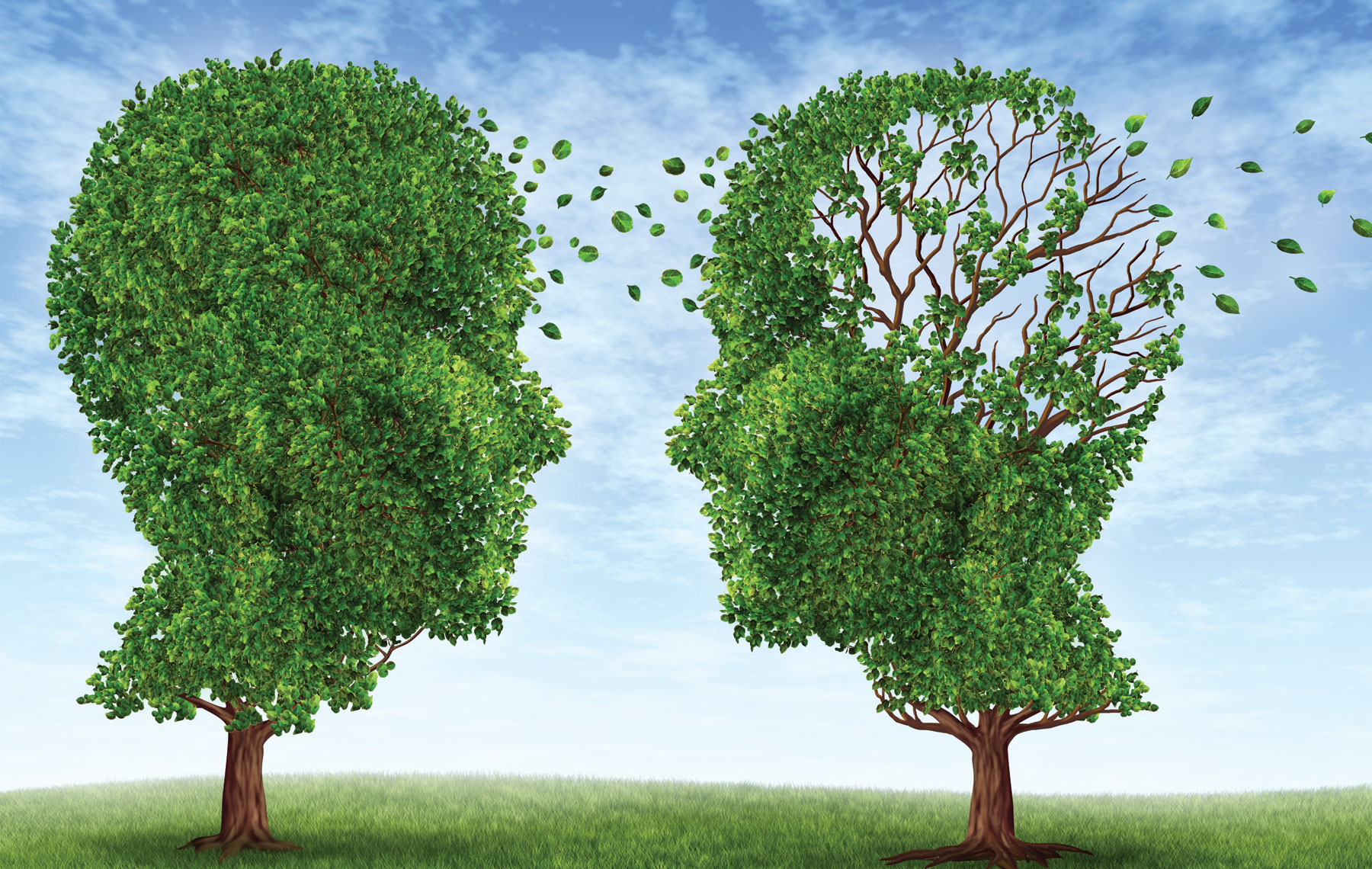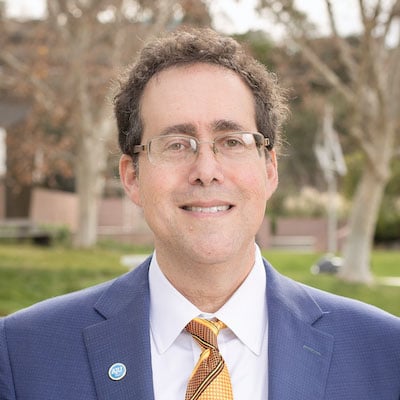
I have a dear friend, Rabbi Elie Spitz. Years ago, he had a family simcha to attend, which led to him being in New York a day before the terrible attacks of Sept. 11, 2001.
In the face of the assault, he was determined to help. So he walked to where the World Trade Center had been and offered to counsel anybody who needed to talk.
Spitz said that what was really remarkable about being there was the diversity; people of every race, every faith, every orientation and origin, pouring into southern Manhattan to help.
He spoke with a Puerto Rican who spent several hours carrying heavy rocks away from ground zero alongside New Yorkers who were every possible mix.
Spitz asked him, “What are you going to take away from tonight?” And the volunteer answered: “What is special, at this moment, is that no label matters. We are all just people trying to help; people who otherwise wouldn’t have cooperated are now working together for the common good.”
My friend Rabbi Spitz said to him, “What would make that lesson last?” And the answer was: “Memory.”
Memory is what distinguishes a human being from all other creatures, our ability to share each other’s memories, and our ability to transmit those memories to people who haven’t personally experienced them. Author Philip Roth wrote in “Patrimony”: “To be alive is to be made of memory. If a person is not made of memory, then they’re made of nothing at all.” We are, in fact, the sum of our memories. We are in the process of becoming the memories of people yet to come.
I have the privilege of speaking to many Jewish communities.
A few years ago, I was invited to give an inaugural lecture in a synagogue located at 1625 Ocean Ave., in Brooklyn. That is the location of the East Midwood Jewish Center, which in its heyday was one of the largest and most vibrant centers of Jewish life in America. The rabbi was Rabbi Harry Halpern, who was small in stature but in spirit, he was enormous.
Halpern’s energy was infectious. I know this because he was my father’s childhood rabbi. My father told me many wonderful stories about the East Midwood Jewish Center. So, you can imagine my thrill to receive an invitation from that congregation to speak as a scholar-in-residence. They thought I was going in order to deliver a talk, whereas I knew I was going on a pilgrimage to visit an ancestral holy site.
Sitting in the sanctuary before my talk, I sat where I always do in shul: toward the front, on the right. And a man approached me and said, You probably don’t know this, but your grandfather always used to sit in this very seat.”
At that moment, I felt his presence so powerfully. I felt the presence of my grandmother, my father, my aunt — who are, thank God, very much alive — and I felt the presence of countless relatives whose names and stories I had heard but many of whom I’d never met. My father had shared stories of Brooklyn Rosh Hashanahs and Yom Kippurs years ago, carrying a tallit bags and the prayer books of deceased great-grandparents to bring to the synagogue as a way of communing with people who were no longer alive.
As we will gather for the Yizkor prayer for remembering the deceased, we need to know and we need to own that we are indeed embraced by a tidal wave of love that cascades from the past and through us into the future.
I walked to the back of the room, where I found the plaques for not only my grandparents, but for their parents and their siblings. And I thought about how all of us are on the way to becoming a plaque. We start our lives as our parents’ dreams and, in the end, we become the dreams of our children and our grandchildren.
My father moved to San Francisco, where he met my mother and where I was raised, and I grew up there in a congregation very similar to this one: ornate, beautiful, with a magnificent tradition of cantorial music. My grandparents moved West as well, and they started to attend this synagogue, which they attended regularly, and they had their fixed seats in the congregation. When my grandfather died, my grandmother retained his seat. And I thought about what it means to keep a seat when there’s no one sitting in it. At her funeral, the rabbi mentioned that she had always chosen to sit alone in the sanctuary. I didn’t know then but I know now that she wasn’t alone. That in fact, we come to the synagogue because we know that here, even if we’re sitting by ourselves, we are never alone. When my grandmother sat in that great, big sanctuary with nobody next to her, she was in fact, sitting with her husband. And she was sitting with her parents.
When we gather in our sanctuaries, all of us are sitting not only with the people who are alive who we love, but we are sitting with those who are alive in our hearts. Particularly in this sacred season as we will gather for the Yizkor prayer for remembering the deceased, we need to know and we need to own that we are indeed embraced by a tidal wave of love that cascades from the past and through us into the future. That we will be sitting with the spirit of someone who is not physically present, and that they in turn sat in the synagogue holding the spirit of people who had gone before them, and so on, all the way back to the very beginning of time. Isaac Bashevis Singer wrote, “When a person who is close to you dies, in the first few weeks after that person’s death, they are as far from you as can be. Well, as far as someone near can ever be. Only with the passing of years does that person become nearer and nearer until you can almost live with that person.”
If you’ve ever been to a fun house, you’ve seen its halls of mirrors, in which the reflection of one mirror is immediately reflected onto another mirror and back to the first, creating the illusion of a hall of infinite mirrors. We sit in a hall of memories, and the memories of our loved ones contain within themselves the memories of loved ones who themselves contain more memories. And these memories fly all the way back and all the way forward, illumined by the light of your soul. You are the candle in this hall of memories.
As we remember those who are no longer with us in body but who live with us in the intimacy of a spirit that knows neither past nor future, and that ignores distance, remember that they will be with you. Feel their love surround you and embrace you and pick you up and know that they, too, were wafted by the wings of a love that had come before them. And know that the love that you carry, you carry into the future and that it will embrace your children’s children until the end of time.
Israeli poet Abba Kovner wrote, “They alone are left me/They alone still faithful/For now, death can do no more to them/At the bend of the road/at the close of the day/they gather around me silently/and walk by my side/This is a bond nothing can ever loosen/What I have lost I possess forever.”
Rabbi Bradley Shavit Artson is the Abner and Roslyn Goldstine Dean’s Chair and professor of philosophy at the Ziegler School of Rabbinic Studies and is vice president of American Jewish University.





















 More news and opinions than at a Shabbat dinner, right in your inbox.
More news and opinions than at a Shabbat dinner, right in your inbox.